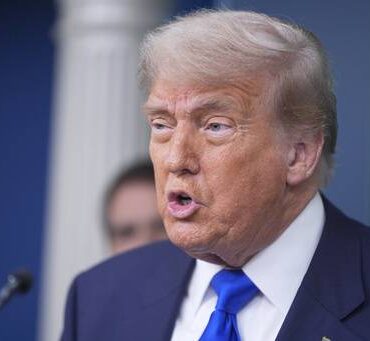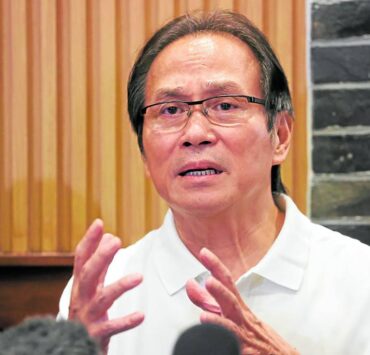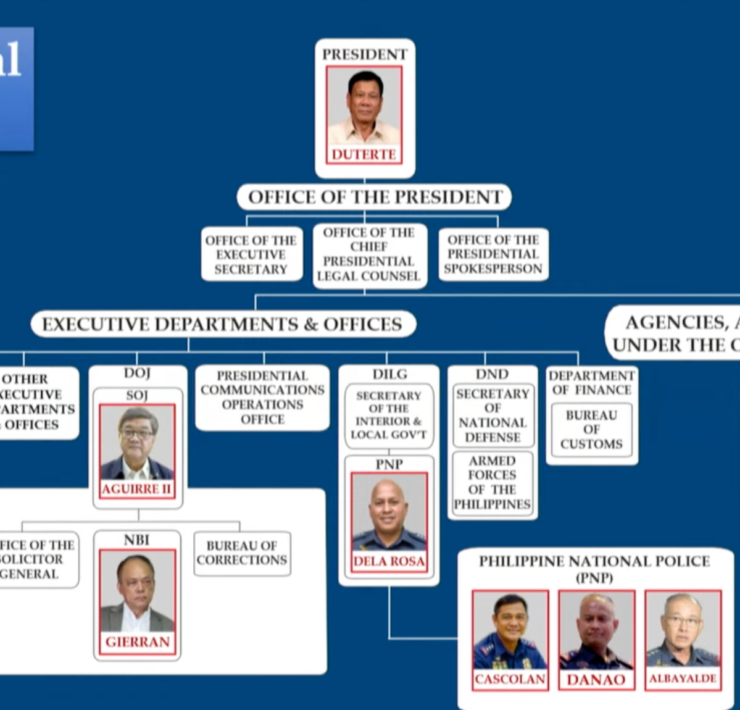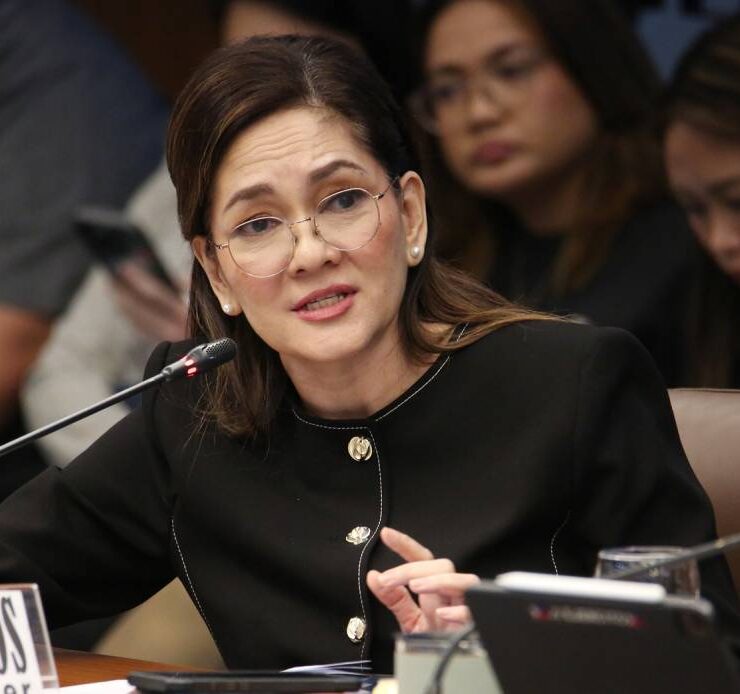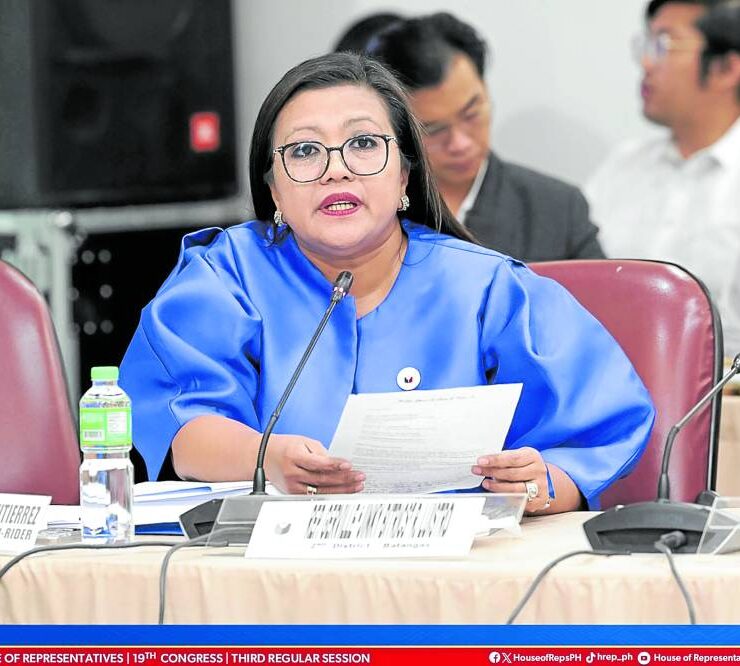Jinggoy sees majority bowing to SC on VP case
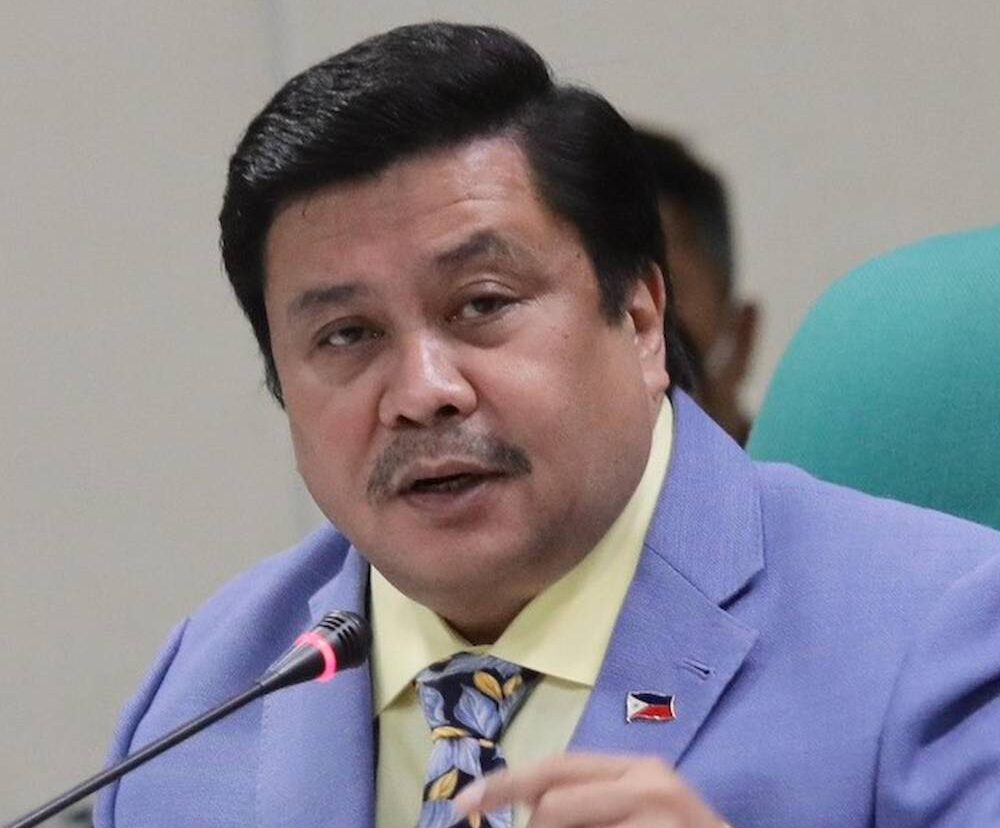
If the senators decided this week on whether to proceed with the trial of Vice President Sara Duterte, an overwhelming majority would have voted against it, according to Senate President Pro Tempore Jinggoy Estrada after the Supreme Court ruled that the Senate had no jurisdiction over her “unconstitutional” impeachment.
“The sentiments of most of my fellow senators are to abide by the ruling of the Supreme Court,” he told reporters on Thursday.
He said that during an all-senator caucus two days earlier, “19 to 20” of the 24 senators believe they should comply with the Supreme Court’s decision.
The court ruled on July 25 that the articles of impeachment, which was signed by 215 of the members of the House of Representatives against the Vice President, violated the Constitution’s one-year bar to more than one complaint against the same impeachable official. It said the House also violated due process.
Deciding on Aug. 6
“Consequently, the Senate did not acquire jurisdiction to constitute itself into an impeachment court,” the high tribunal said.
The Senate is scheduled to decide on Aug. 6 on whether to abide by the court’s ruling.
Estrada warned that the Senate’s failure to comply with the high court’s decision could lead to a constitutional crisis and there would be “chaos in our government.”
“We are the ones who make the laws, and yet we won’t follow them? That’s awkward,” he said. “If lawmakers refuse to follow the Supreme Court, how can we expect ordinary citizens with adverse rulings against them to comply?”
Senate Minority Leader Vicente “Tito” Sotto III downplayed Estrada’s remarks, saying that their colleagues had probably not heard about the “flaws and questionable points in the SC decision.”
“Let’s wait and see,” he told reporters.
Draft resolution
Sotto and three other senators — Francis “Kiko” Pangilinan, Bam Aquino and Risa Hontiveros — have signed a draft resolution, urging the court to modify its decision and allow the impeachment trial to proceed.
Former Supreme Court justices, legal groups, several framers of the 1987 Constitution and activists have openly criticized the high court for supposedly undermining the process of exacting accountability from high officials.
They said that the court’s ruling was judicial overreach and that it was akin to changing the rules in the middle of the game.
In an open letter on Friday, more than 100 professors and lecturers from the University of the Philippines College of Law (UP Law) said that any new rules or changes in legal definitions regarding impeachments should be applied by the Supreme Court only “prospectively,” or in the future, in deference to the House and Senate’s exclusive powers over impeachment proceedings.
They warned that the decision would lay down “evidentiary and court-like procedures for Congress” which “will permanently change” the nature of an impeachment.
Consequence
One consequence is that the House must now meet as a chamber even if one-third of all its members had signed a verified impeachment resolution, which is one of the modes of impeaching an official that would trigger the transmission of the complaint to the Senate for immediate trial.
This new requirement “deviates from the design to protect the process from a tyrannical majority,” which, under the new rules set down by the court, would now have the power to block impeachment resolutions.
The Duterte ruling also creates an incentive to file sham complaints to trigger the one-year bar against legitimate complaints, they said.
“If the Court intended to lay out new rules for the House, then the ‘reliance of the public thereto prior to their being declared unconstitutional’ calls for at least a prospective application of its decision and not the nullification of the House’s actions,” they said.
Unlike legal proceedings
On the question of due process, the law faculty said this applied to the deprivation of life, liberty and property, none of which was under threat in impeachment proceedings since the ultimate penalty would only be removal from public office, which could not be considered a private property.
Besides, the impeached officials still had the right to defend themselves in the Senate impeachment court.
“Unlike in legal proceedings, the principal aim of impeachment is not to litigate a right of the impeachable officer but to protect the public and enforce accountability,” the UP Law faculty said.
“A reading of the Constitution to further accountability requires a return to the paradigm of protecting the people and a reiteration of the principle that public office is a public trust – a sacred privilege, not a God-given right,” they added.
Manila Rep. Joel Chua, one of the 11 members of the House impeachment prosecution team, on Friday said he would recommend including the UP Law faculty’s open letter in their motion for reconsideration as an annex or have its assertions “interfaced” in the body of the motion itself.
The House prosecutors are set to file their appeal to the Supreme Court by Aug. 11.
Topacio vs Gadon
Other lawyers were sympathetic to the court.
One of them, Ferdinand Topacio, filed a petition on July 29, seeking to cite disbarred lawyer Lorenzo “Larry” Gadon, head of the National Anti-Poverty Commission, in contempt for openly and publicly accusing the Supreme Court of being “politically aligned with the Duterte family.”
In a separate petition on the same day, lawyers Mark Tolentino and Rolex Suplico, also asked the court to cite political analyst Richard Heydarian and Akbayan Rep. Percival Cendaña for indirect contempt for their public statements.
They said Cendaña claimed that the “Supreme Court has reduced itself to being the Supreme Coddler of Sara Duterte.”
They cited one of Heydarian’s social media posts, saying that ex-President Rodrigo Duterte, the Vice President’s father, “appointed as many as 13 out of 15 Supreme Court justices.” —WITH A REPORT FROM INQUIRER RESEARCH














